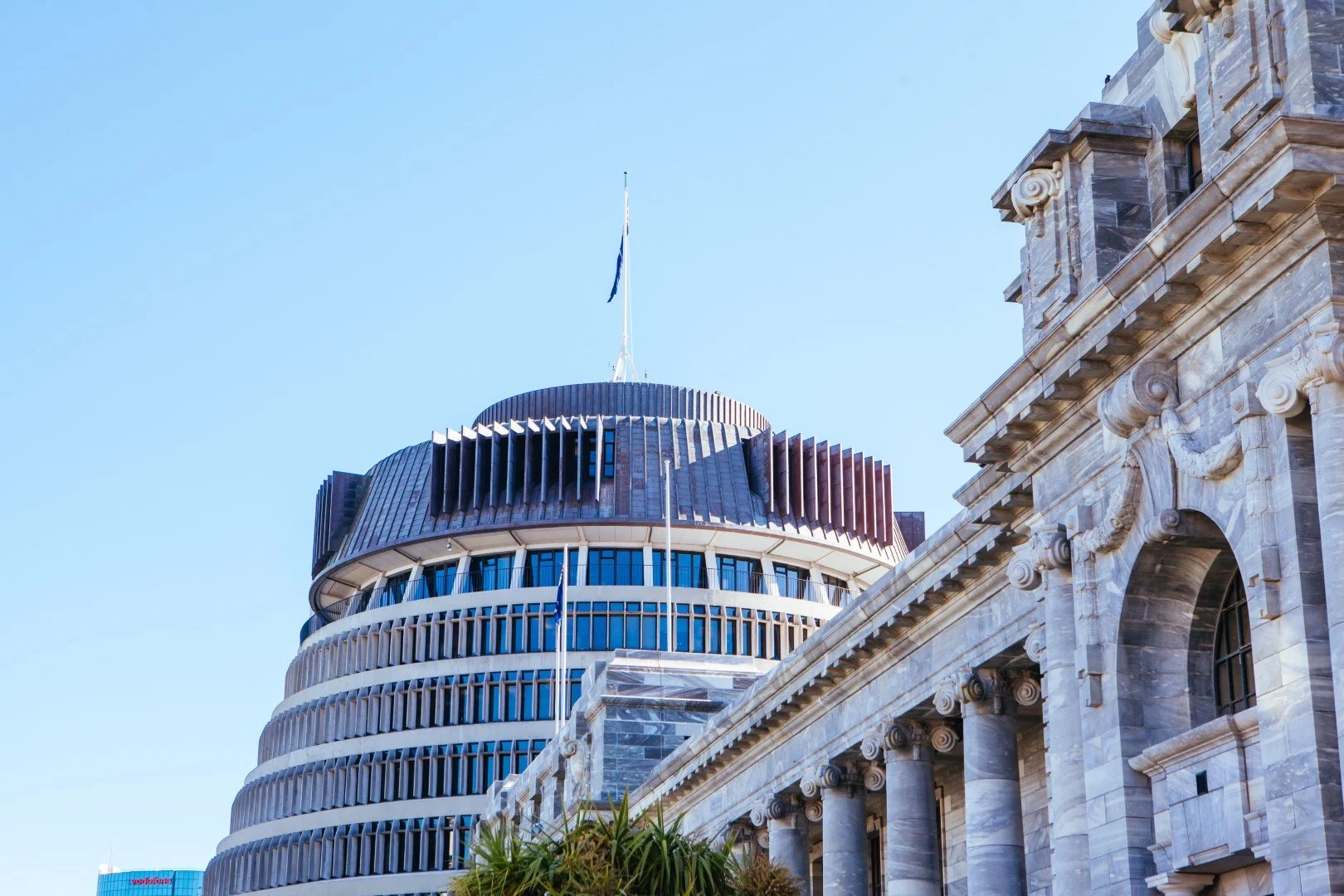It’s been almost a month since the world watched as Russia invaded neighbouring country, Ukraine.
In the ensuing weeks, we’ve seen international condemnation of Russia’s actions – from historically neutral Switzerland joining EU restrictions against Russia, to our own sanctions, to Biden now announcing a plan to put pressure on Russia’s rich elite (including purveyors of Russian diamonds and caviar, among other luxury goods).
This geo-political crisis has certainly had economists and politicians running the ruler over sectors dominated by both Russia and Ukraine – such as Russia’s global dominance of the diamond mining production at over 50%, and Ukraine and Russia’s collective 26% of global wheat exports.[i]
While New Zealand hasn’t yet imposed trade restrictions, the new Russia Sanctions Act doesn’t rule it out.
The Act means the Government could stop the purchase or sale of property, the movement of ships and planes in New Zealand’s waters or airspace, stop imports and exports, lending of money, or the movement of money.[ii]
So, those with a taste for Russian imported goods might be best to look closer to home for a while in line with NZ’s stance.
Many countries have similarly acted against Russia to hit their banks and oligarchs, which has prompted Russia to release a list of ‘unfriendly’ countries. Any business with companies and individuals from these countries (we’re on the list, by the way) will need to be approved by a government commission.[iii]
Taiwan have notably thrown their hat in the ring, no doubt seeing some parallels between their own rocky relationship with China and what’s happening in Ukraine.
There’s also a long list of companies choosing to withdraw or reduce their presence in Russia. These commitments range from complete absence, to no-frills necessities only, to any number of middle roads (which may be trickier to navigate as time wears on).
Russia is now in the sticky situation of potential difficulty in paying overseas debts – not because they don’t have the money, but because they can’t use a lot of their foreign currency reserves which are held offshore. The Russian State is likely default on its $223 billion in sovereign debt obligations as soon as next week. And even if they pay in rubles, Western lenders likely won’t be able to access this due to the sanctions – meaning they would default, as this would be considered a non-payment.[iv]
To make matters more awkward, this will be the 8th time the Russians have defaulted on their debt since 1839 – only overshadowed by Venezuela, who have defaulted an outstanding twelve times over the same period. That’s going to be a lot of explaining to future lenders about how ‘this time is different’.
In case you were wondering…. NZ has never defaulted on its sovereign debt, something that our cousins over the ditch are no doubt envious. The ‘Lucky Country’ defaulted during the Great Depression in 1931.[v]
While events like this undoubtedly have an impact socially and economically (particularly for those closer to the conflict than little old Gods’ Own), there’s no need to panic about your pocket every time the news comes on. McDonald’s will keep selling burgers and Apple will keep selling phones – just not in Russia, as both companies have joined the corporate exodus from the country in support of Ukraine.
Will this help with the volatility of recent times? No. But the best way to offset the risk of volatility (ups and downs, changes in price) is to not get caught up in the news, hold an evidenced based diversified portfolio, and plan for the long term. Remember, it’s time in the market that counts – not timing your exit around world events.
Keep in mind that Russia’s geopolitical footprint far exceeds its economic one. Russia is akin to Australia or Texas in terms of its economy.
Things can, and do, change rapidly. While the price of oil is up at the moment because of this conflict, just two years ago experts were touting the Saudi-Russia oil war of 2020 as the tipping point for a global economic depression. This was when Saudi Arabia and Russia engaged in a price war, which essentially sent oil prices into free fall as the world grappled with the first waves of the pandemic.[vi]
Funny to think back on when we’re looking at the current situation, but a great way to contextualise the ever-changing geopolitical landscape.
Additionally, events such as these are timely reminders that we need to re-examine our own plans and asset allocations based on our needs, capacities, and our risk tolerance.
If you have a portfolio, are you comfortable with the amount of risk in it? Does it align with your goals and timeframe?
A sound, well-considered financial plan forms a part of a stable robust foundation to achieve our goals moving forward and allows us to sleep well at night. Having a specifically tailored financial plan is the best choice – especially if there is an uncertain future.
Diamonds and caviar may be out of reach and out of sight for now – but sound financial advice is not. A trusted, independent adviser can offer unbiased and evidence-based advice to help you get your financial house in order through the good times and the bad.
· Nick Stewart is a Financial Adviser and CEO at Stewart Group, a Hawke's Bay-based CEFEX certified financial planning and advisory firm. Stewart Group provides personal fiduciary services, Wealth Management, Risk Insurance & KiwiSaver solutions.
· The information provided, or any opinions expressed in this article, are of a general nature only and should not be construed or relied on as a recommendation to invest in a financial product or class of financial products. You should seek financial advice specific to your circumstances from an Authorised Financial Adviser before making any financial decisions. A disclosure statement can be obtained free of charge by calling 0800 878 961 or visit our website, www.stewartgroup.co.nz
[i] https://www.nsenergybusiness.com/news/top-diamond-mining-countries-world/
https://www.worldstopexports.com/wheat-exports-country/
[ii] https://www.beehive.govt.nz/release/new-zealand-passes-historic-russia-sanctions-act
[iii] https://www.aljazeera.com/news/2022/3/8/russia-deals-with-unfriendly-countries-require-moscow-approval
[iv] https://www.nytimes.com/2022/03/15/business/russia-debt-bonds-default.html
[v] https://en.wikipedia.org/wiki/List_of_sovereign_debt_crises
[vi] https://www.cnbc.com/2020/06/09/saudi-russia-oil-price-war-was-very-big-mistake-qatar-energy-minister.html


